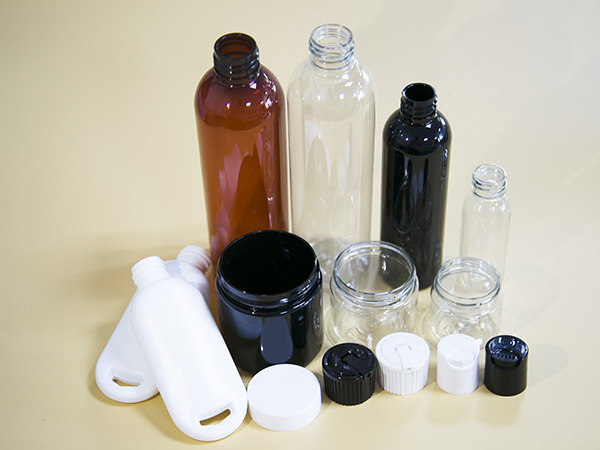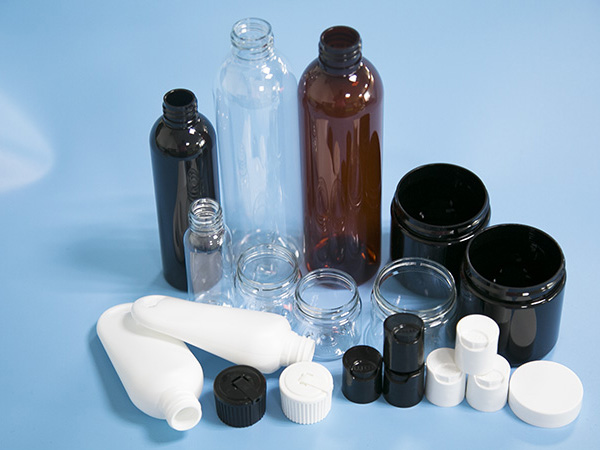What is PCR plastic products?
PCR is known as Post-Consumer Recycled material, which means post-consumer recycled plastic.
What are the advantages of PCR plastic? Why use PCR plastic?
PCR materials are "extremely valuable," and can typically be transformed into extremely valuable industrial production materials after being circulated, consumed, or used with leftover plastics. This is done to achieve resource recycling. For instance, recycled materials like PET, PE, PP, HDPE, and others come from waste plastics produced by widely used items like shampoo bottles, mineral water bottles, washing machine drums, and lunch boxes and can be processed again to create new plastic raw materials. As PCR material is post-consumer, it will unavoidably have the most immediate influence on the environment if improperly handled, hence PCR is one of the recycled plastics that brands are actively promoting.

what is the difference between PCR plastic and "recovery material"?
Many people may not approve. They believe that PCR just means “recovery material” in another way! This is rather confined.
Post-consumer recycling, or PCR, refers to plastics that have already been used once and come from sources such the everyday chemicals we use, electrical devices we use, cars we drive, and other secondary recycling of extracted plastic. We often deal with the “recovery material” before, in fact, called PIR, Post Industrial Resin. Typically, the source is factory injection molding output from the vice brand, leftover items, etc., which is immediately recycled and reused.
What makes the two different from one another? Evidently, more PCR than PIR is consumed domestically, and if the plastic that has served its purpose is not recycled, it will result in significant pollution every year. Therefore, this issue will be resolved by PCR recycled plastics. At the same time, numerous regulations in support of PCR plastics have been put in place. For instance, the British tax and customs department introduced a "plastic packaging tax" with a rate of 200 pounds per ton that is less than 30% of the tax rate on recycled plastic packaging. Large domestic businesses are required to uphold their social obligations to the community, which has led to a wider variety of PCR plastic from both domestic and foreign companies.

The future of PCR plastics
The U.S. Department of Energy DOE recently announced $13.4 million in funding for next-generation plastics technology in an effort to lower the energy use and carbon footprint of single-use plastics. The funding was given to seven research and development projects run by businesses and academic institutions. The seven initiatives will aim to create reasonably priced "upcycling" techniques to turn used plastic film into more valuable components and create new polymers that are readily recyclable and biodegradable. This investment supports the Biden Administration's initiatives to create a clean energy economy in order to ensure that the United States reaches net zero carbon emissions by the year 2050 as well as the Department of Energy's efforts to address the difficulty of recycling plastic waste.
Governments have implemented regulations to force the addition of recycled plastic, such as California last year and the implementation of the first U.S. recycled plastic bottle bill, requiring beverage bottles to add at least 15% recycled plastic, with the goal of raising that number to 50% by2030; the United Kingdom from April 1 will be manufactured in the United Kingdom or imported less than 30% recycled plastic packaging at a cost of £200 per ton of plastic; and other governments have taken similar measures. On the other side, major global retailers and manufacturers of consumer products, including Coca-Cola, Pepsi, Unilever, Nestle, and Wal-Mart, called for a global accord last week to reduce plastic pollution and promote the use of recycled plastics.